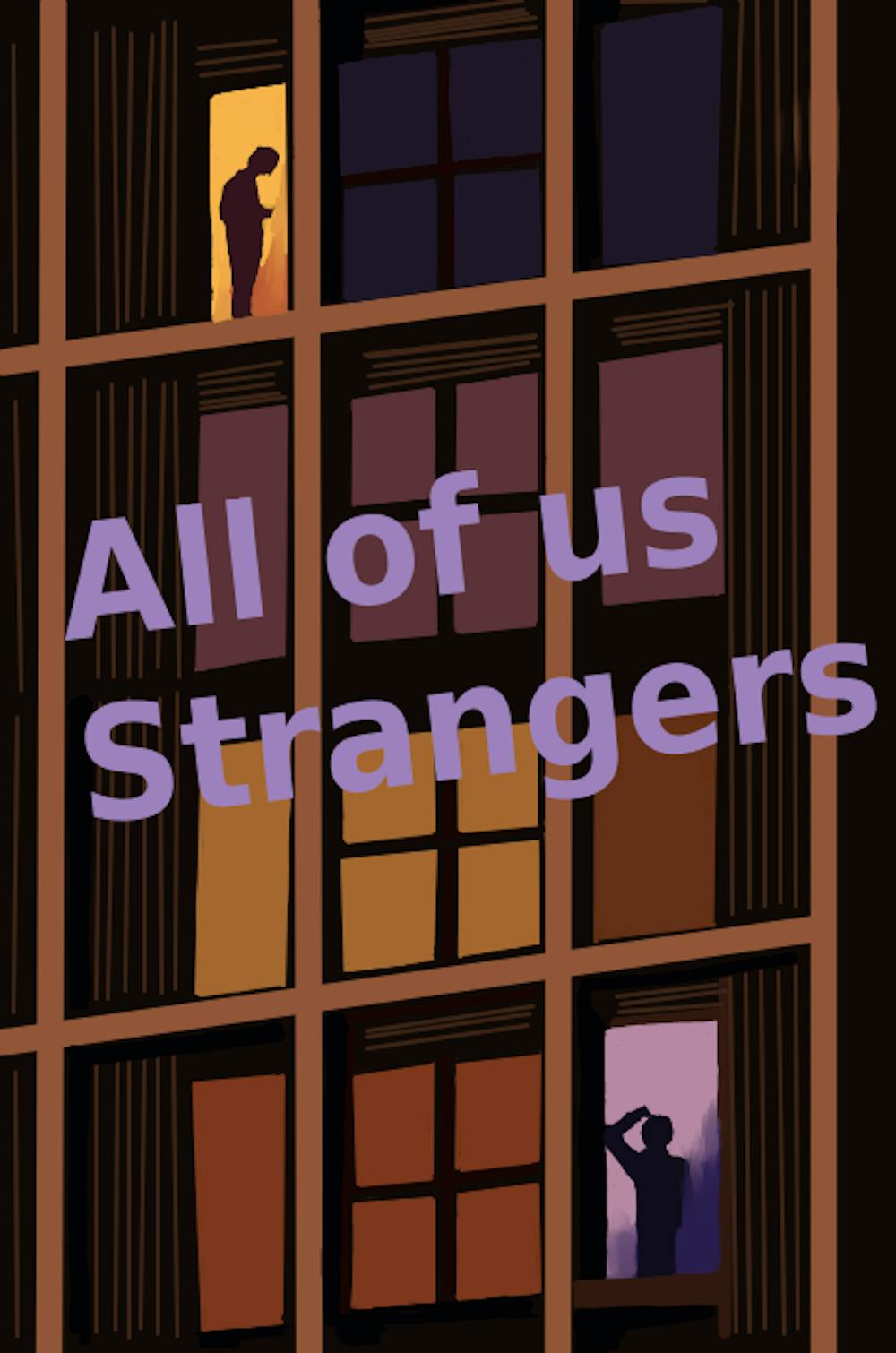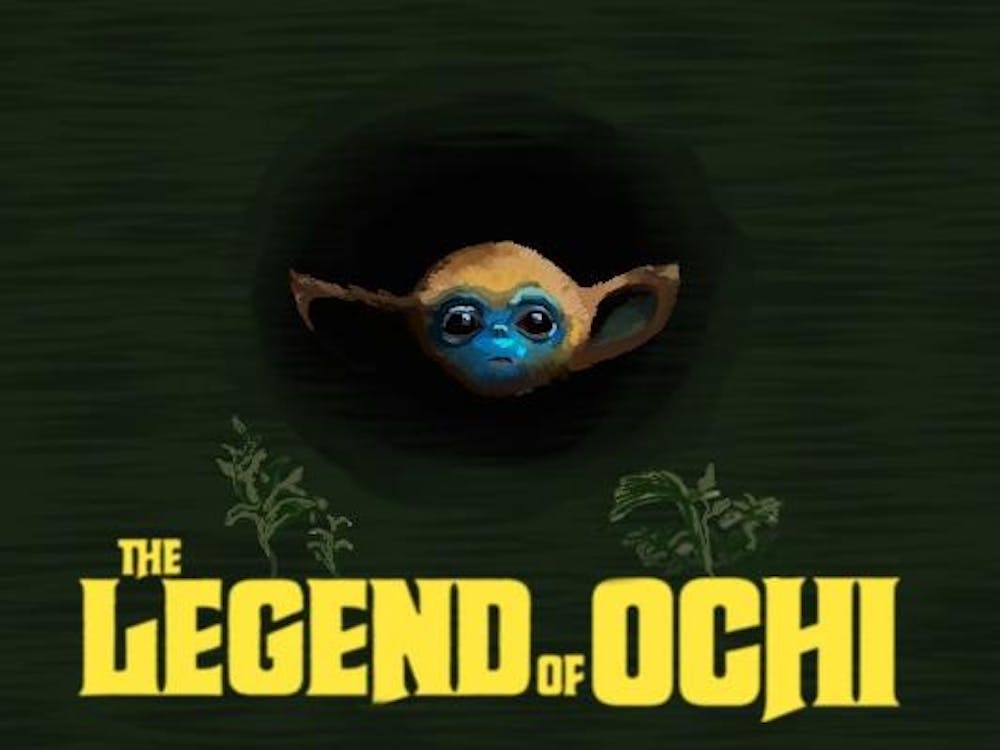The opening shot of Andrew Haigh’s newest film “All of Us Strangers” — which screened Thursday at Culbreth Theatre during the Virginia Film Festival — shows a deep blue dusk sky hanging over London. This shot sets up, from the very start, the melancholic tone that hangs over the entire film.
“All of Us Strangers,” adapted from the 1987 novel “Strangers” by Taichi Yamada, follows Adam, a writer plagued by grief and loneliness, played by Andrew Scott. He begins a romantic relationship with a similarly lonely Harry, played by Paul Mescal. And he realizes he has the ability to see and spend time with his parents, played by Claire Foy and Jamie Bell — who died when he was a young child — by visiting his childhood home.
Haigh beautifully directs Adam’s delicate interactions from vulnerable and passionate moments with Harry to poignant conversations with his mother. He often employs close-up shots, drawing the viewer closer into these intimate moments. The emotions of the film work because of Haigh’s sensitivity and patience as a director.
Specifically, the film dives deeply into Adam’s identity as a gay man. His reunion with his parents allows him to come out to them, which he never got to do as a child. Adam relishes his visits with his parents — even though they are not always perfect — because it gives him a chance to receive some sense of acceptance and understanding from them. It is clear that he wants his parents to know and love his true self.
Harry, too, struggles with acceptance from his family. He tells Adam that he has always felt like an outsider in his own family, and coming out pushed him even further on the outside. Adam bonds with Harry over their outsider statuses and eventually manages — after some hesitancy — to open his heart to him.
Mainly, “All of Us Strangers” is a film about grief. Adam is haunted and encumbered by his reluctance to move on from his tragic past. Still living in his grief, he internalizes his negative emotions and lets that affect other aspects of his life. The film beautifully captures the healing nature of the serious conversations he has with his deceased parents. Scott is most impressive and heartbreaking in the leading role in these moments, where he reconciles with the flaws of his parents, seeks for closure and attempts to move on from their deaths.
Some of the story points feel either predictable or contrived — especially towards the end of the film. At a certain point, it becomes unclear what purpose the character of Harry must continue to serve, as the film starts to focus more on Adam and his parents without diving deeper into Harry. Despite this, the emotional impact of the film is not undercut, as the tenderness of Adam’s journey with his parents help the story pull at the heartstrings.
Many other filmmaking elements wonderfully add to the dreamy, mystical aura of the film. The editing contributes to this, as the film often fades between shots, continuously creating a dreamlike atmosphere. During a drug-fueled scene where Adam and Harry go to a club, the editing, cinematography and sound design disorient the viewer as a dream slowly turns into a nightmare. Additionally, the film’s soundtrack — which includes plenty of 80s music from the likes of Pet Shop Boys and Frankie Goes to Hollywood — emphasizes Adam’s inability to move on from his childhood.
“All of Us Strangers” successfully builds an intimate relationship with the viewer, and Haigh’s direction hammers home the melancholy of the film. Its emotional power is undeniable and its careful construction produces a haunting, yet affirming, experience.







